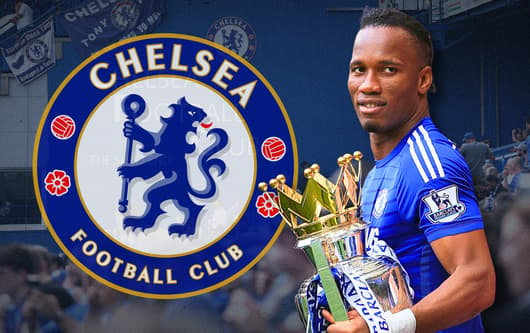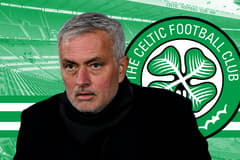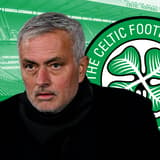-
Analysis
- 14 Feb 2026
Box office Jose Mourinho back where it all began at Benfica
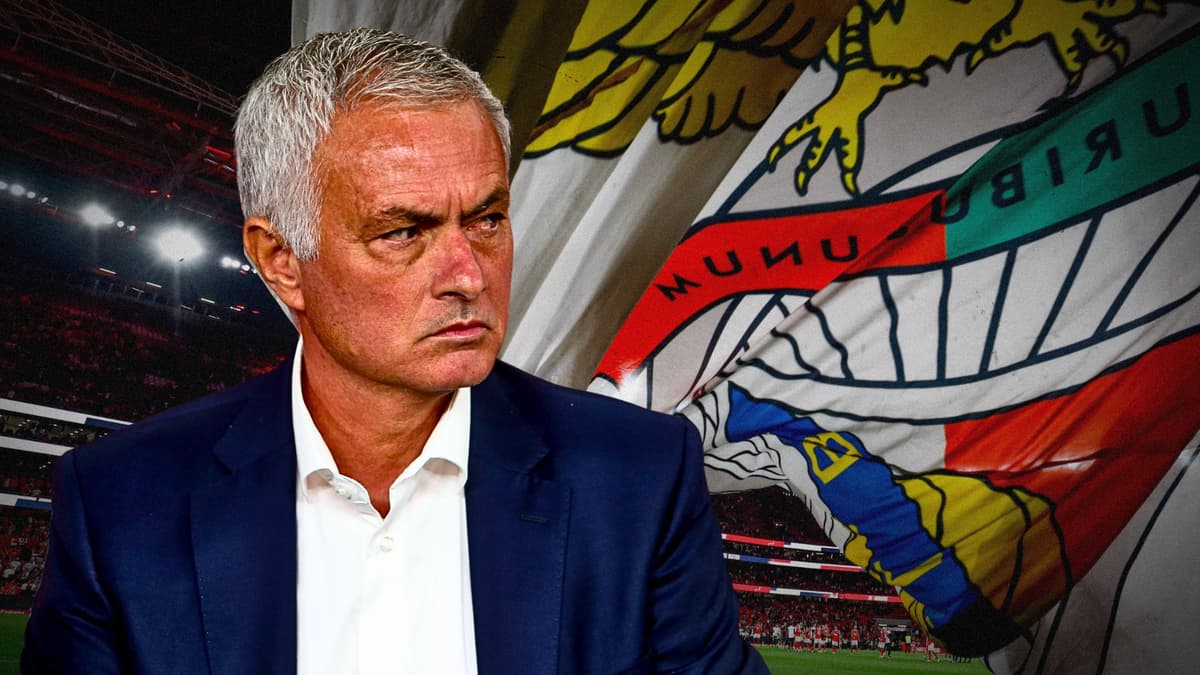
Benfica is by far Portugal's most popular club. The commonly reported statistic is that well over half the country are Benfica supporters, not to mention the vast majority of the Portuguese diaspora scattered around the globe.
Following the fortunes of the Eagles is certainly never dull.
Despite Porto's sensational start to 2025-26 under new Italian coach Francesco Farioli, and champions Sporting continuing to look strong in their unaccustomed position as Portugal's dominant team over recent years, it is once again Benfica who stole the headlines in the opening months of the new season.
For the second successive season, club president Rui Costa sacked his coach just a few matches into the new campaign. Last year it was Roger Schmidt who was axed. The German coach was already unpopular after poor results in his second season in Lisbon, making it a surprise that Costa gave him the chance to start his third.
A defeat and a draw in Benfica's first two away matches and Schmidt was on his way out, replaced by the returning Bruno Lage.
Twelve months on and Lage lasted only one league match longer, although this time it was results at home that proved the tipping point for Costa to pull the trigger. Lage was sacked after drawing at Estadio da Luz against Santa Clara, then letting a two-goal lead slip as Benfica fell to a shock defeat against Qarabag in the Champions League. With presidential elections just a month away, Rui Costa, already trailing in the opinion polls, needed something sensational to restore hope of re-election.
Enter the scene Jose Mourinho.
Just a couple of days after the Qarabag debacle, Mourinho was sitting alongside Rui Costa at the club's Seixal training complex as he was unveiled as Benfica coach for the second time in his career.
It was at Benfica, 25 years earlier practically to the day, that Mourinho took his first job as a senior head coach. Sitting just 30 kilometres from the city of his birth, Setubal, where he used to help out his father, Felix Mourinho, who was coach of the local team and where he has a street named after him, this was the very definition of a homecoming.
Even given the enormity of his achievements and his industrial levels of self-confidence, the completing of the circle clearly touched Mourinho at an emotional level.
"Thanks to the experience I have acquired in football, I think I am able to control my emotions better now," he began, when asked how it felt to be returning to his home country, but his demeanour suggested otherwise.
It was jarring to see the 62-year-old uncharacteristically hesitant, even somewhat nervous at the start of the press conference.
More so given that in his brilliant career, one of Mourinho's undisputable qualities has been his mastery of the media, elevating the whole concept of interaction with the press to a level never previously seen in football.
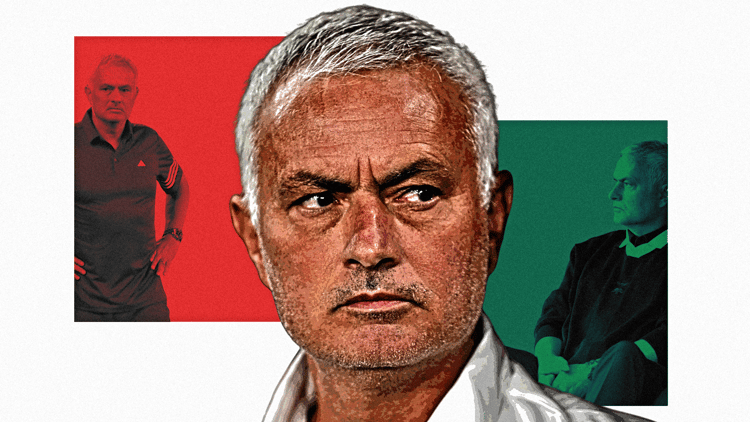
And he loosened up soon enough during the long round of questions.
"It's been 25 years, but I haven't come here to celebrate my career. I'm going to immerse myself in this mission," he said, adding that he would literally be sleeping at Benfica Campus in Seixal the next few days. "I would like to say to you, Rui Costa, as the representative of the Benfiquistas all around the world, that none of the other giant clubs that I have had the opportunity to coach has made me feel so honoured, with such a sense of responsibility, so motivated, as I am as the coach of Benfica. Coaching Benfica is returning to my level, given that my level is to coach the biggest clubs in the world."
At face value it appears a perfect storm: a president desperate to show he can hire the right people to bring the glory days back to Benfica and the best manager in the history of Portuguese football, uniting with the shared goal of restoring their flagging reputations.
Benfica's schedule, however, made it difficult for the new setup to get off to a flying start. Two wins and draw in Mourinho's first three matches back in Portuguese dugouts was reasonable in terms of results, if not performances.
But a daunting four-game away run followed, including trips to two of Mourinho's former clubs, Chelsea in the Champions League and Porto for O Classico, followed by another European away day against an improving Newcastle United.
It has often been when Mourinho's teams are unfancied that they show their best attributes, and the coach was happy with how Benfica competed in a narrow defeat at Stamford Bridge.
That was followed up by a gritty goalless draw at Porto, the Eagles becoming the first team to check the Dragons' impressive march of nine victories from nine games. The result left Benfica in third place, four points behind the leaders, going into the October international break.
As ever, much of the focus on those two matches centred on Mourinho rather than his team. A few days before he was appointed coach of Benfica, the Porto president and former assistant of Mourinho's, Andre Villas-Boas, had welcomed the then-unemployed coach to the Estadio do Dragao, where he received a standing ovation from the capacity crowd. His "welcome" was very different when he returned a fortnight afterwards as the coach of the northern club's bitterest of rivals, with insults and objects raining down on Mourinho throughout the 90 minutes.
Asked post-match whether he was surprised at the behaviour of the fans given he had orchestrated two of the best years in the club's history, Mourinho was commendably sanguine:
"My gratitude towards Porto hasn't changed one bit. I don't know if Porto fans' gratitude towards me has changed, but mine towards Porto as a club hasn't changedd." The answer was indicative of a seemingly calmer and less belligerent version of Mourinho. He has been at his most amiable in his dealings with the press, even when facing some uncomfortable questions, and the media in general have treated him with deference. Indeed, much of the focus has been on how Mourinho's return is a boon for Portuguese football itself, drawing eyes towards it and increasing interest in the league.
"It is undeniable that Mourinho's return to Portugal represents an opportunity for the league itself. The eyes of the world are now fixed on the Estadio da Luz, following every step of a soap opera that Mourinho will decide how to script," wrote renowned football journalist Luis Cristovao, who also noted a different mindset to the cocksure coach who swept all before him, trampling on anyone in his way as Porto coach.
"Mourinho has returned as an experienced, mature figure, more teacher than actor, more thinker than provocateur. He is comfortable in this space."
Given his career path, his achievements and his inimitable personality, Mourinho will always be the subject of intense curiosity, but the more immediate concern for Rui Costa and Benfica is the impact he will have on the Lisbon giants. Benfica have won just one championship in the last six seasons, and the early signs are not overly encouraging as regards their Primeira Liga prospects this year.
He may not spit fire in the same way he used to, but no one should doubt Mourinho's desire to achieve success burns as brightly as ever. However the story ends, another gripping chapter in Benfica's history is about to be written.
Words by Tom Kundert.
